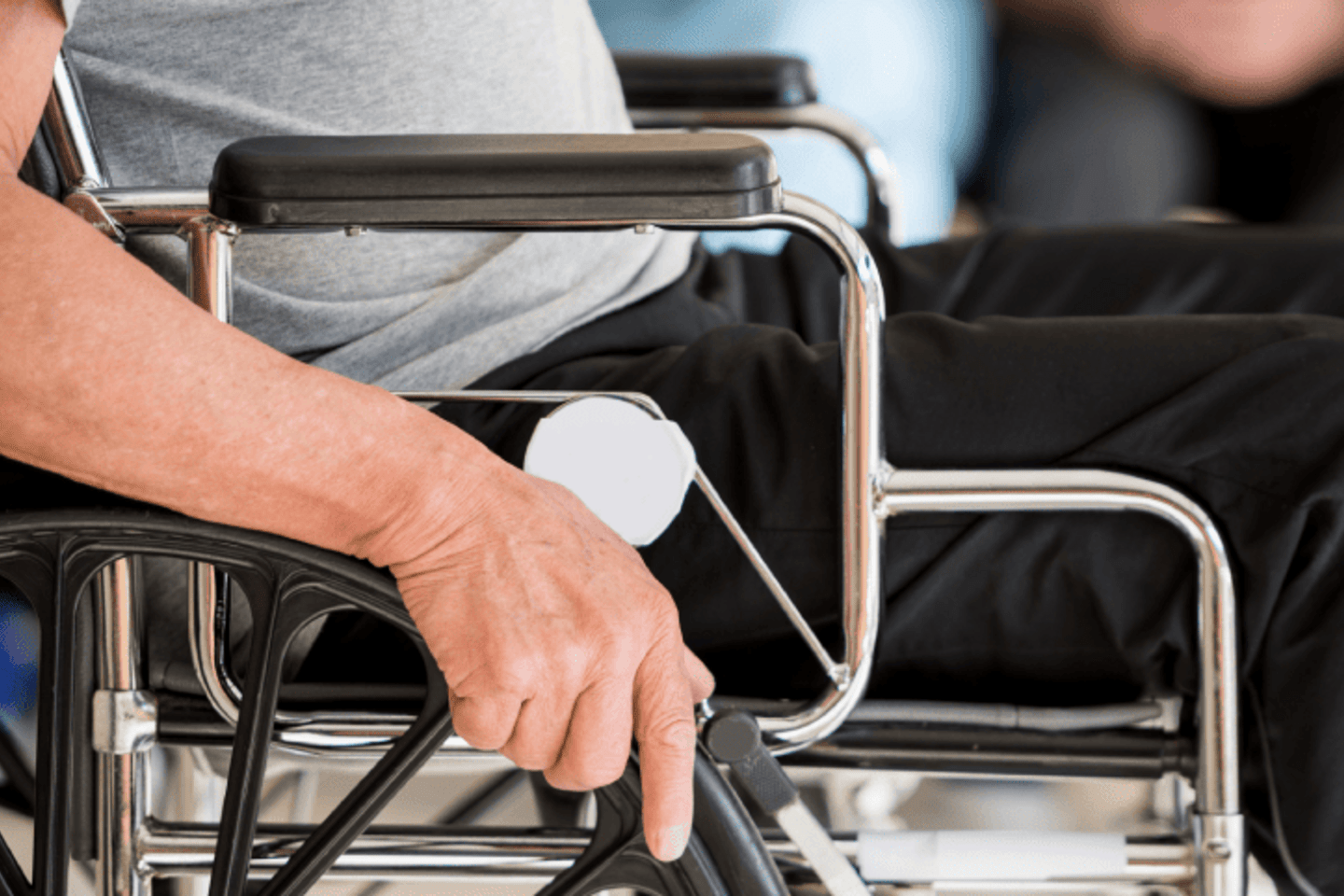
"At school, I did not get along with my classmates because nobody understood what it means to live with a disability," says Diego Mariscal, an activist for the rights of people with disabilities and CEO of the company 2-Gether International. "They bullied me a lot. It was always an issue: the school would call my mother and tell her that I did this, I did that. I was always the problem, even some schools did not accept me because of my disability."
Diego's experience is not an isolated case. Many people with disabilities feel excluded when they attend school. Whether in the classroom, where teachers may lack training or materials to teach people with hearing, visual or mental disabilities, or with the infrastructure, where buildings do not have ramps or spaces for the physiotherapy of students with physical disabilities.
In Ecuador, these deficiencies prevented 56% of children with disabilities from attending school, according to figures from the Ministry of Education. For those who do attend, the lack of specialized services reduces the likelihood that they will finish their secondary education. It is estimated that only 11.9% of people with disabilities attend high school, compared to 24.2% of the rest of the population.
The absence of services also affects their family members, particularly those dedicated to their care. As a result of the vast needs that they may have, many caregivers suffer from Burnout Syndrome derived from overwork. This situation can affect the quality of care that people with disabilities receive and alter the physical and mental health of the caregiver.
The current situation increases the social and economic vulnerability of people with disabilities and their families. To face these challenges, there are several areas that could be improved. One of them is the way in which the disability is conceptualized and measured, to identify those people who require additional support. Another is to close the gap in the quality of social services for people with disabilities, particularly in education. Also, support could be given to caregivers to avoid work overload.
In September 2018, the IDB helped Ecuador with a loan of 100 million dollars to face these challenges. The project aims to support people with disabilities throughout the different stages of their lives, from early childhood to old age.
The loan consists of three components. The first is to aid the Ministry of Public Health to improve the way in which it detects disability at a young age through a new comprehensive evaluation method that considers social, environmental and physical factors.
The second is an improvement in educational services, with a focus on specialized education. Together with the Ministry of Education, it will seek to regulate the quality of care and management so that specialized schools maintain a higher standard in all of their activities. Students with hearing and visual disabilities will also be supported so that they can take the high school leaving/graduate test autonomously.
For Julia Johannsen, team leader of this project at the IDB, regulating the quality of specialized schools is an essential step to improve the education of people with disabilities. "Today, the quality of the educational offerings has not been evaluated because there isn’t a defined standard, so you can’t determine the quality of something if you do not know which is the reference that you must meet or not," says Johannsen.
“At school, I did not get along with my classmates because nobody understood what it means to live with a disability,” says Diego.
The third component is a norm to support the caregivers of people with disabilities, through which they will be given training and a certification, and the option to join the social security. In addition, to avoid Burnout Syndrome, a campaign will be implemented so that there are volunteers in the community that can substitute caregivers for a few hours each week.
Regarding the new norm for caregivers, Johannsen believes that it could represent a significant improvement in the quality of care that people with disabilities receive in their home. "Something innovative about the loan is that it is supporting, for the first time, a rule that regulates the care service," she says. "It is mainly aimed for caregivers of people with severe disabilities who in Ecuador are more than 90% women, mostly poor, and who offer unpaid services of unknown quality."
These actions could have a substantial impact on the social and individual development of people with disabilities. In the case of Diego, he has already experienced the impact that an improvement in services can have on the welfare of a person like him. When he was 12 years old, he moved from Mexico to the US to receive an operation. There, the Americans with Disabilities Act (ACA) prohibits the discrimination of people with disabilities and authorizes a series of services to include them socially and economically.
"Small things made us realize that the problem is not the disability, but the infrastructure and support given in a country" he says. "By experiencing such a radical change in services, I also acquired more confidence, I gained a much higher self-esteem because I stopped feeling like I was the problem."
These reforms that Ecuador will carry out could improve the lives of people with disabilities and transform the way in which society interacts with them. For Diego, the future must be one where having a disability is a source of pride, not a limitation. "Having a disability is a source of innovation, tenacity and collaboration," he says. "We add political, social and economic value to our countries and the spaces where we are completely included.”